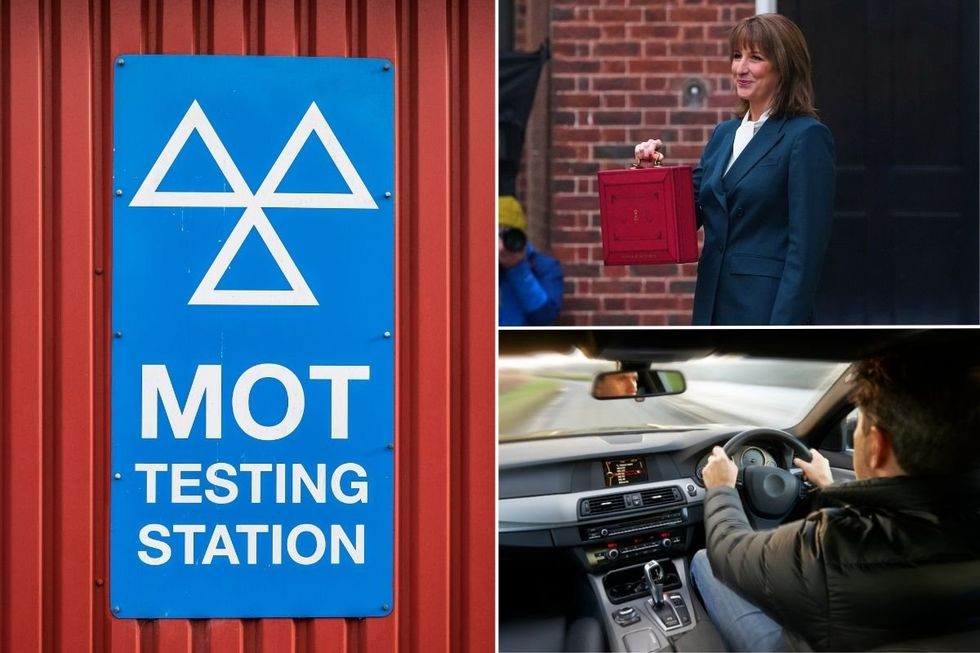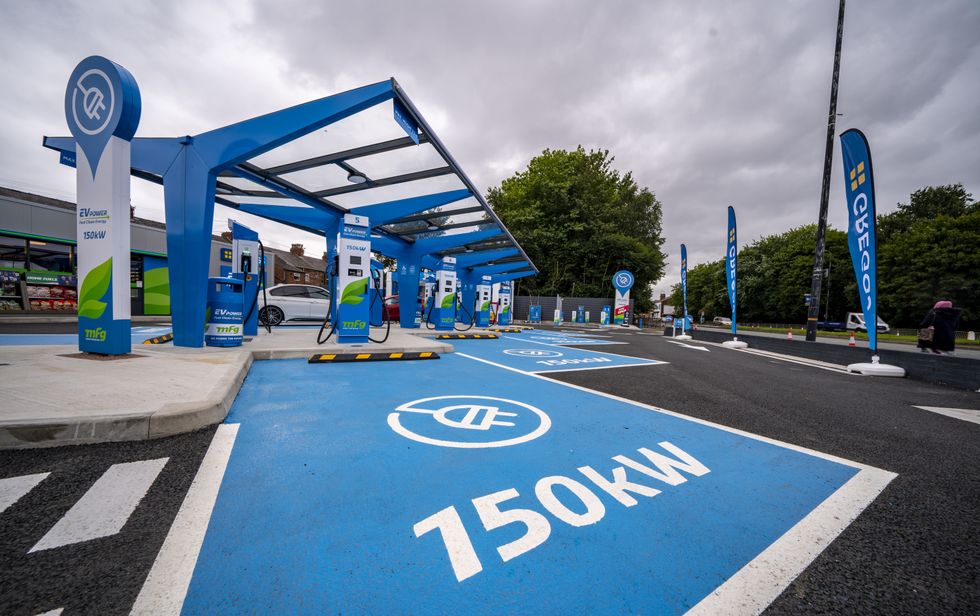Owners of electric vehicles will be required to visit MOT centres to have an annual mileage check-up to adhere to new pay-per-mile car taxes.
Chancellor Rachel Reeves announced yesterday in the Budget that electric vehicle and plug-in hybrid car owners would face new charges depending on how much they drive.
As part of the new rules, which are set to be introduced in 2028, electric car owners will be charged three pence per mile, while plug-in hybrid owners face a cost of 1.5p per mile.
Ahead of the new changes, the Government has launched a new consultation that outlines the proposals for the road pricing scheme, as well as questioning the best way such a model could work.
The consultation states that electric vehicle owners will be required to “be responsible for providing an accurate mileage reading” and paying Electric Vehicle Excise Duty (eVED).
It adds: “This includes taking reasonable steps to ensure that the odometer is functioning correctly and that the data provided is accurate.
“For example, if an odometer is clearly not recording or showing the mileage, this must be rectified.”
The consultation acknowledges that there are tampering concerns regarding mileage readings when using data from inside the vehicle.

Data suggests that around 2.3 per cent of vehicles across the UK may show signs of “clocking”, which is where the odometer is deliberately altered.
While this is uncommon, the Government recognised that the introduction of eVED could lead to more instances of clocking, or allowing the odometer to be “inoperative”.
Compliance with the new eVED scheme will place responsibility on the owner of the vehicle to report mileage correctly, in addition to odometer readings and MOT results.
The consultation states that manufacturers will need to ensure that odometers cannot be tampered with to meet Government expectations.
LATEST DEVELOPMENTS
- Rachel Reeves unveils little-known exemption to new car tax hikes in Budget – Could you benefit?
- Chancellor axes luxury car benefit for thousands of drivers as welfare cuts aim to raise £1bn
- Britons warned of huge £1,000 fines for parking in Blue Badge spaces as councils launch crackdown
It warns that the Driver and Vehicle Licensing Agency (DVLA) could use a range of enforcement measures for the new electric car tax rules.
This could include reminder letters for first-time offenders, penalties, fines and even court prosecutions.
Speaking during the Budget, Chancellor Rachel Reeves said: “I will ensure that drivers are taxed according to how much they drive and not just by the type of car they own by introducing Electric Vehicle Excise Duty on electric cars.
“This will be payable each year alongside Vehicle Excise Duty at 3p per mile for electric cars and 1.5p for plug-in hybrids… helping us to double road maintenance funding in England over the course of this Parliament.”

The consultation also notes that several countries around the world have already introduced mileage-based taxes, including New Zealand and the US state of Hawaii.
Switzerland and Australia are currently in the process of considering similar schemes, although each scheme differs significantly.
The scheme has been criticised by many in the electric vehicle industry for potentially harming the uptake of electric vehicles over the coming years, especially as the Government prepares to ban the sale of new petrol and diesel cars from 2030.
Maria Bengtsson, EY UK&I Mobility Leader, said: “While it’s positive that the rate of tax per mile for EV drivers will remain significantly lower than the effective rate for petrol and diesel drivers, this still represents a new additional cost for EV owners, and therefore a potential barrier to demand.”
Our Standards:
The GB News Editorial Charter







Follow